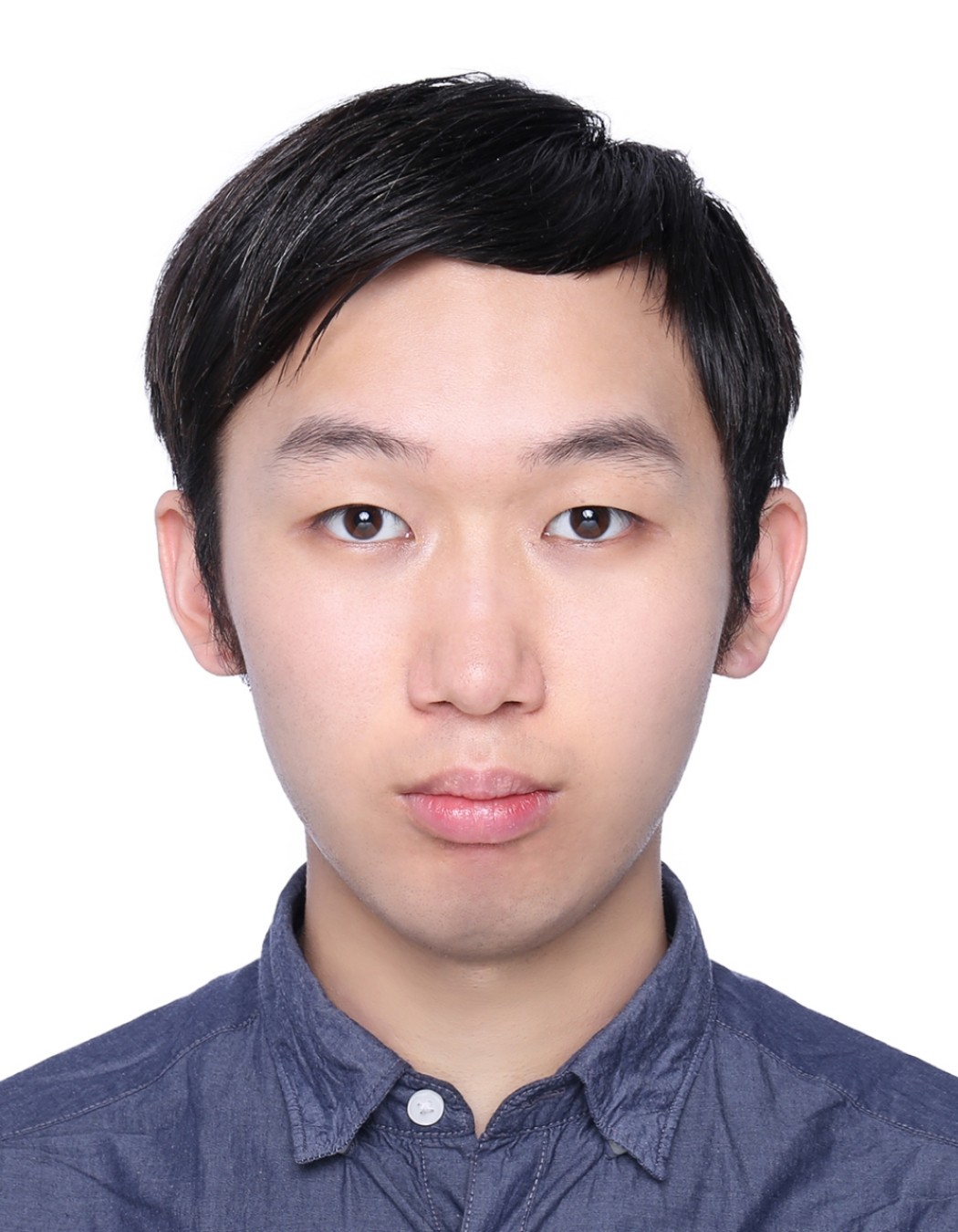Yanlan Kang
- M.D./Ph.D.
- Computational Medicine Specialist
- 21110860035@m.fudan.edu.cn/ylkang96engd@gmail.com
- Fudan University

Research Field
- Integration of Computational Methods and Medical Practice
- Foundational Medical Models for Multi-Agent Collaboration and Evaluation Methodologies
- AI-Driven Clinical Decision Support Systems
Biography
Dr. Yanlan Kang holds a Ph.D. in Electronic Information (Computer Technology) from Fudan University, complemented by a strong foundation in Traditional Chinese Medicine (TCM). He earned his Master's degree in Internal Medicine (Oncology) from Shanghai University of Traditional Chinese Medicine and a Bachelor's degree in Integrated Traditional and Western Medicine from Shandong University of Traditional Chinese Medicine. Dr. Kang completed his residency at Longhua Hospital, specializing in integrative oncology and gaining expertise in diagnosing and managing various cancers. His clinical skills include thoracentesis, paracentesis, and medical imaging interpretation. Additionally, he has experience in emergency medicine and dermatology, including participation in an RCT examining TCM for preventing lung cancer recurrence.
Dr. Kang's research focuses on integrating computational methods with medical practice, resulting in numerous publications as a corresponding author in high-impact journals such as the Journal of Investigative Dermatology (JCR Q1). He serves as a reviewer for prestigious journals like the IEEE Journal of Biomedical and Health Informatics and Knowledge-Based Systems. His research encompasses creating foundational medical models for multi-agent collaboration, rigorous evaluation methodologies, and applying large language models (LLMs) to healthcare. Notably, he led the development of China's first TCM LLM, ZhongJingGPT, which has garnered significant attention, including media coverage and an exhibition at the Shanghai Natural History Museum. Dr. Kang also designed Dermatology Advisor, an AI model focused on dermatology that has achieved over 10,000 users.
Dr. Kang possesses a robust interdisciplinary skill set, combining TCM syndrome differentiation, herbal therapeutics, internal medicine emergencies, and cancer treatment protocols with computational proficiencies in training and evaluating medical LLMs, data analysis, NLP techniques, and front-end UI design. He has demonstrated leadership as editor-in-chief of a university journal and president of a poetry society, highlighting his commitment to scholarly communication and cultural pursuits.
Journal Information
- Journal: Brain Conflux
- Online ISSN: 3079-6016
- Publisher: Life Conflux Press Limited
- Peer Review: Single-anonymous
- Publication Model: Open Access
- Publishing Frequency: Quarterly
- Languages: English
- DOI Prefix: 10.71321

Submit Your Research
Fast-track peer review process

Journal Metrics
Impact factors & citation analysis
Research Areas
And many more specialized fields within brain sciences and medicine
For Authors & Reviewers
Publication Statistics
Open Access Benefits
Brain Conflux promotes open science principles, ensuring that groundbreaking research in life sciences and medicine reaches the global scientific community without barriers, accelerating scientific discovery and innovation.
Creative Commons License

Brain Conflux operates under a Creative Commons Attribution 4.0 International License, enabling unrestricted use, distribution, and reproduction while ensuring proper attribution to original authors and research integrity.
Copyright & Author Rights
Authors retain full copyright ownership of their work while granting Brain Conflux the right to publish and distribute. All submissions must comply with our rigorous ethical standards and originality requirements. Published content becomes freely accessible to the global research community, promoting scientific advancement and knowledge sharing.
Key Requirements: Original research, ethical compliance, proper citations, and agreement to publication terms.
Publication Ethics
Brain Conflux maintains the highest standards of publication ethics, preventing plagiarism, ensuring research integrity, and upholding international best practices. We implement comprehensive screening processes and follow COPE (Committee on Publication Ethics) guidelines to maintain scientific credibility.



